6 Core Benefits of Integrating an ERP Solution in the Retail Business

Currently, one of the industries with the quickest growth is retail. However, as the industry expands, so do the management issues. It is essential to effectively manage the various sub-sectors that make up the retail industry if you want to keep or grow your profitability. Fortunately, ERP in the retail sector might offer a remedy.
In recent years, the enterprise resource planning application has grown significantly in popularity across the whole industrial sector, and for good reason. You may easily and simply manage your organization's resources thanks to the tool. But is that the only justification for choosing an ERP system? Well, not really. The following are the benefits of choosing ERP in the retail industry:
1. Customer Service
The adage "The Customer is King" applies to the retail industry more than any other, hence being able to provide outstanding customer service is crucial for a retail business.
Thus, a dedicated customer management module is a crucial component of retail ERP.
This module aids retail business owners in gaining a comprehensive understanding of their clients and overcoming all customer service challenges.
You can identify patterns and provide individualized services thanks to the information it gathers and stores about customer purchases.
Additionally, you can identify your high-value clients and reward them with loyalty programme benefits.
You may target and customize all of your marketing initiatives and promotional materials to ensure that clients only hear messages that are pertinent to them.
A customer management module also enables companies to react quickly and easily to client complaints, returns, and other issues.
2. Demand Prediction
Retail establishments might see a lot of foot traffic, and the majority of those customers are erratic, impatient, and demanding.
They want the finest customer service, the best items at the best pricing, and they want it fast.
In order to keep customers rather than losing them to the competition, retailers must go to considerable efforts to guarantee that they live up to these expectations.
They need to make sure there are enough stocks of popular products, thus demand forecasting is crucial.
Based on prior sales data, client purchasing trends, and other factors, retail ERP software can do this precisely, assisting you in ensuring that your consumers receive what they want when they want and that they are satisfied.
Demand forecasting can increase sales, save your inventory carrying costs, and boost your bottom line.
3. Inventory Management
Any firm, particularly retail, needs to effectively manage its inventory.
An efficient inventory management module enables you to maintain the ideal levels of product stock, a constant flow of products into and out of your current inventory, and guarantees you have enough stock to process transactions and fulfill customer requests.
By alerting you as items in your inventory approach the date, the programme can also assist you in keeping track of perishable goods that are about to expire.
As a result, shops may sell these items for less and get rid of them before they expire rather than tossing them away thereafter.
4. Operations in stores and warehouses
Retail ERP facilitates the creation of many stores and warehouses, which can simplify management operations for both.
As merchandising, market analysis, managing inventory, and a whole lot more fall under store operations, a crucial part of retail chains, these are connected to one another and warehouses are divided into zones to handle the materials management process. All of these activities as well as a whole lot more are efficiently handled by the software.
5. Financial Administration
Retail ERP software may implement and manage your organization's comprehensive budget planning activities through its finance management module.
It may manage budgets from the perspective of the project manager, department head, or accountant who is really carrying out the assignment, allowing each of this personnel to examine information pertinent to their function and duty.
6. Profit Monitoring
This feature can be added to retail ERP to provide a bird's eye perspective of your company's overall financial health and information about how effectively or ineffectively it uses its financial resources.
To get your SAP Business One you should choose a vendor that's more experienced and has a strong portfolio. We have a suggestion that's Cinntra Infotech.
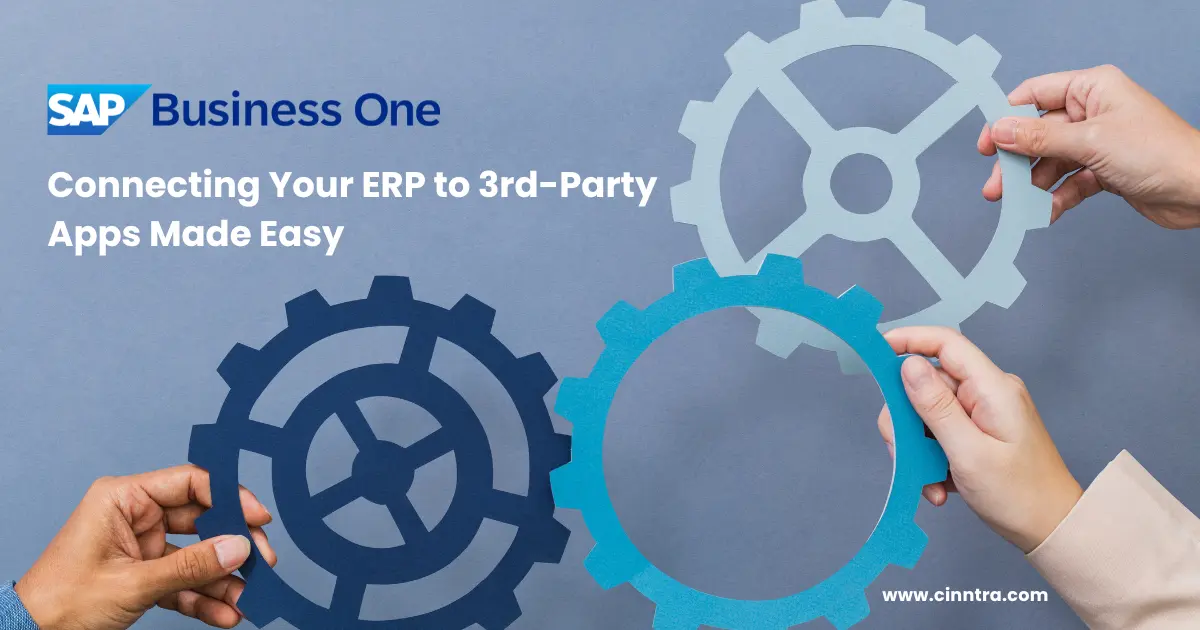
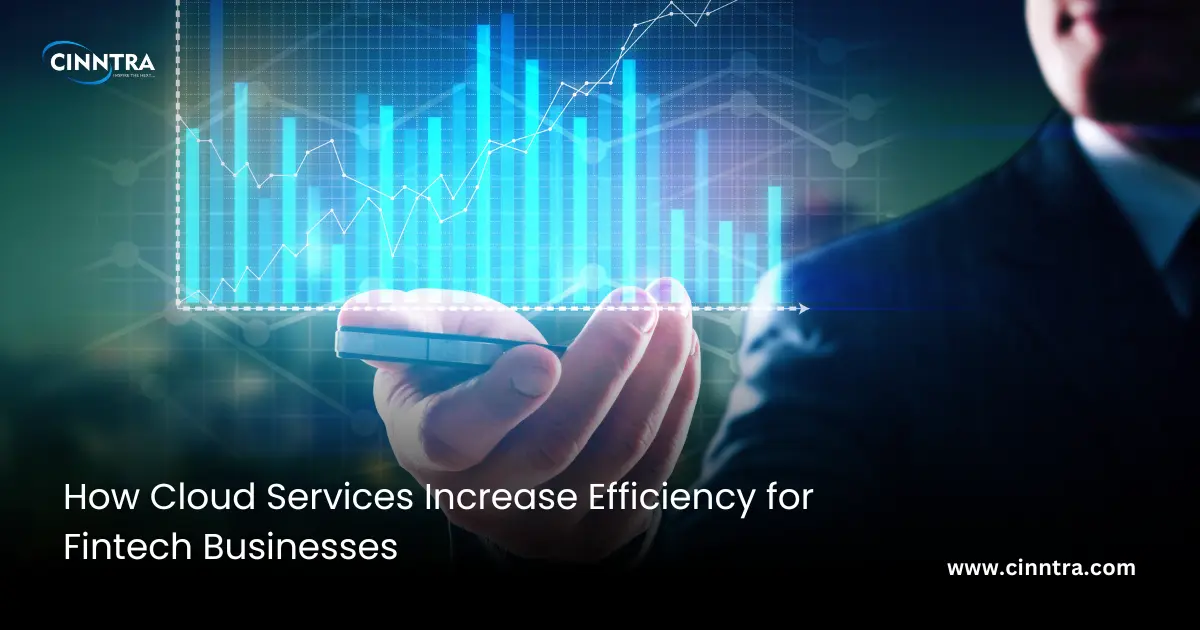
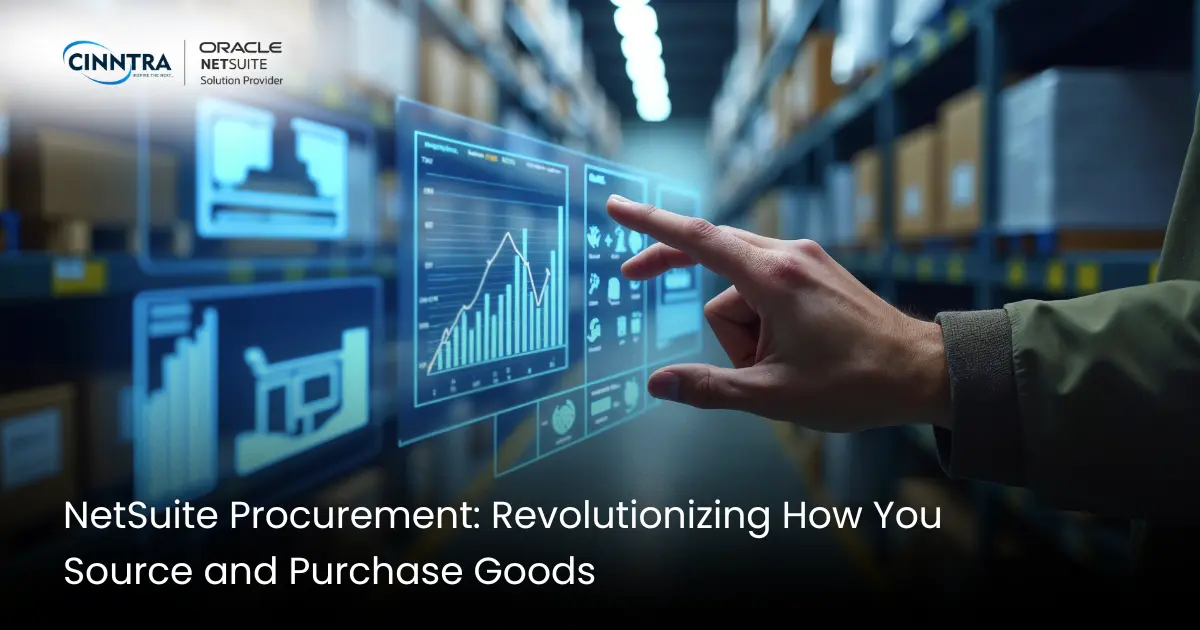
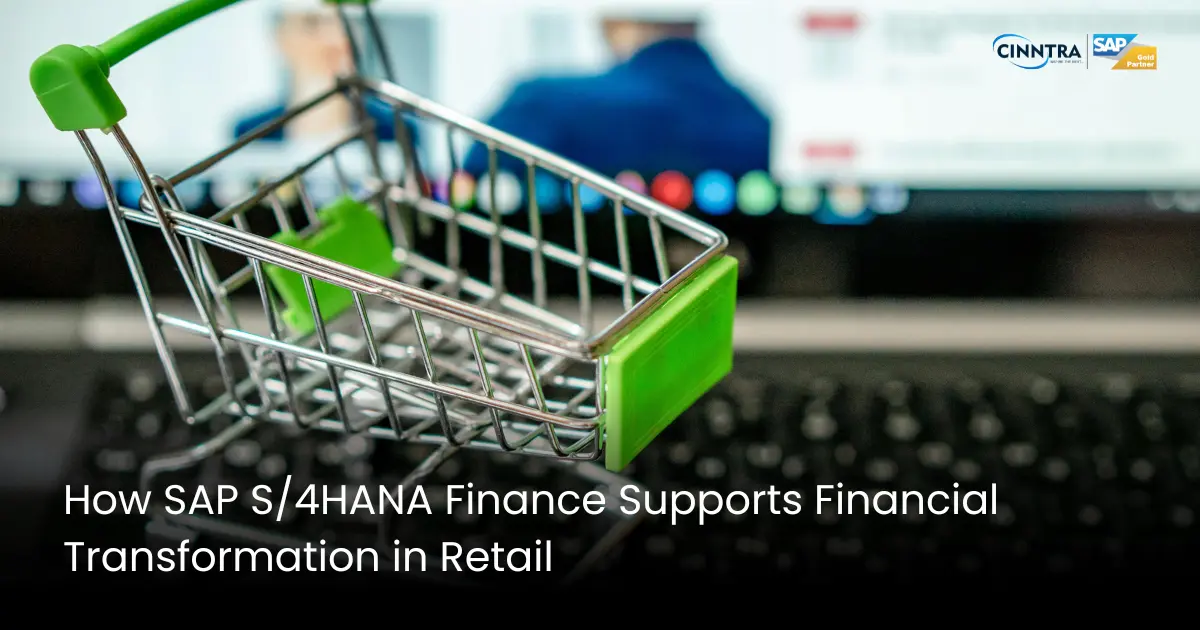

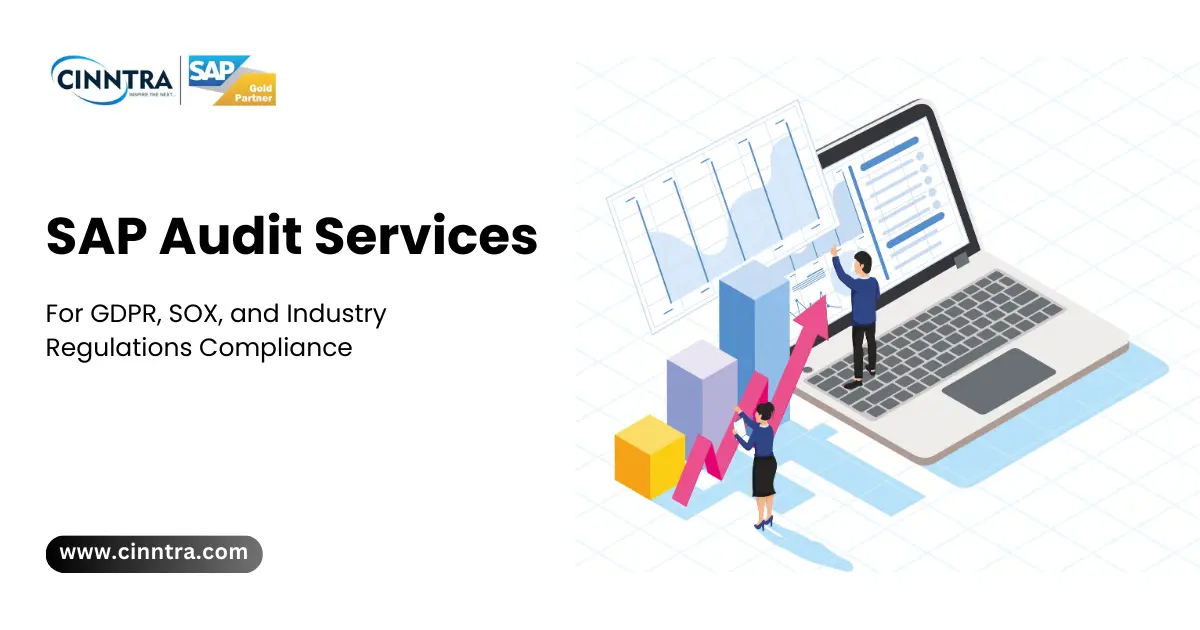
0 Comments